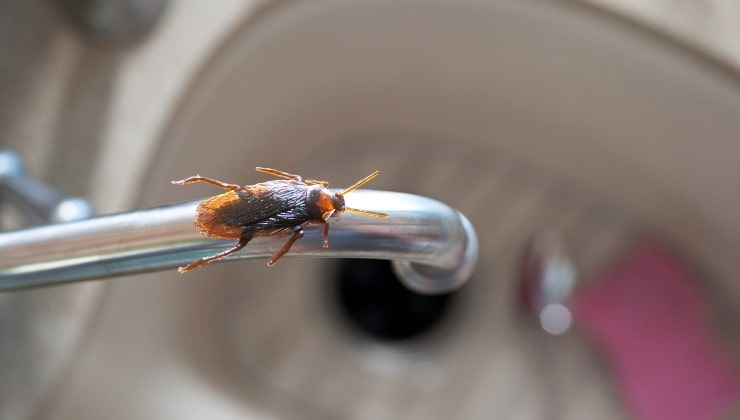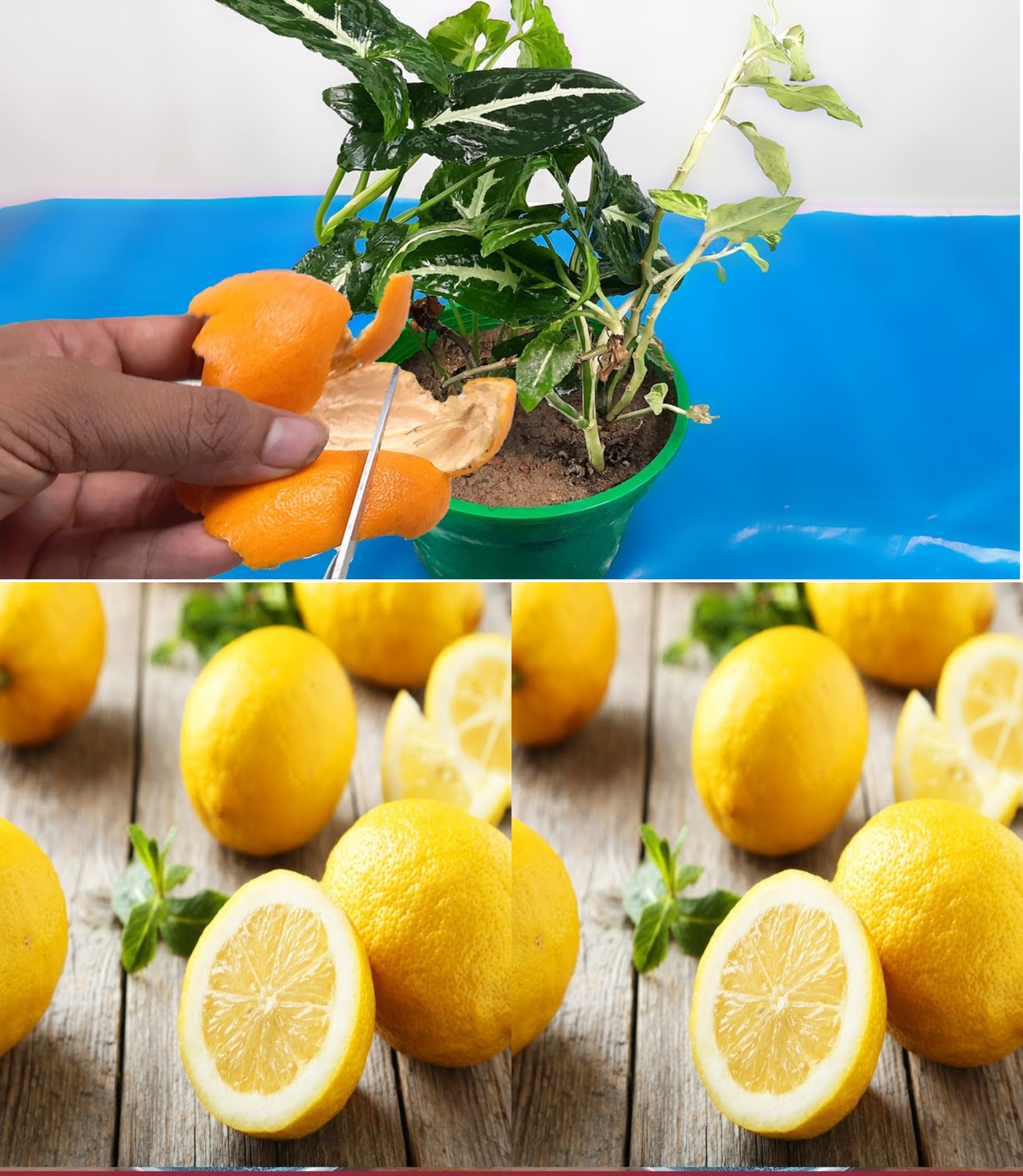Did you know that a simple move is enough to kill all the pests that have attacked your plants? This method is also used by gardeners, let’s find out what it consists of!

Opting for natural methods to care for plants is preferable to using chemicals that release harmful compounds into the environment, posing risks to both plant and human health. An alternative method, perhaps unfamiliar to you, involves using food waste, such as lemon peels, to safeguard and nurture plants.
Remarkably, lemon peels possess an incredible ability to repel pests and foster plant thriving. Experienced gardeners have successfully employed this technique to combat a variety of plant pests, including mites, fungi, ants, and various insects.
To safeguard your plants from potential harm caused by these intruders, consider adopting the lemon peel method for sustained and robust growth. Explore comprehensive information about the properties and benefits of lemon peels, as well as how to effectively integrate them into your plant care routine!

Lemon peels exhibit several beneficial properties that can be harnessed for plant nourishment, aiding in disease prevention and mitigating dehydration, all while contributing to the reduction of food waste. With their remarkable powers, lemon peels serve as a deterrent against harmful pests.
The rich content of potassium, nitrogen, and phosphorus in lemon peels enhances soil fertility, creating a more nourishing environment for plants. This enrichment not only fortifies plants against insect attacks but also fosters their thriving growth.
Utilizing lemon peels as a natural remedy can effectively deter and combat pests like aphids, eliminating the need for chemical insecticides. Introducing lemon peels to the soil acts as a deterrent to unwanted pests.
To maximize the anti-parasitic effects of lemon peels, consider chopping them into small pieces and arranging them in a circular pattern around the plant, forming a barrier. This not only elevates the soil pH, making it less hospitable to parasites, but also releases a citrus aroma that wards off pests. Alternatively, burying the peels can create a compost-like fertilizer.
This method not only reduces expenses associated with purchasing fertilizers and caring for garden or vegetable plants but also utilizes a natural product devoid of hazardous elements for both people and animals.

Producing homemade fertilizer with lemon peels is a straightforward process. Begin by peeling two fresh lemons, placing the peels in a pot, and pouring 1 liter of water. Bring the mixture to a boil for a few minutes, allow the liquid to cool, and then let the solution rest for three days.
Once the designated timeframe elapses, transfer the concoction into a spray bottle and gently apply it onto the plants. This homegrown fertilizer blend, incorporating natural components, contributes to fostering lush and vibrant plants. The potent essential oils released from simmering lemon peels in water serve as an efficient deterrent against pests, significantly contributing to the overall health of the plants. Utilize this fertilizer approximately twice a month for optimal cultivation.
Moreover, this fertilizer is versatile and can be applied whenever needed, maintaining its efficacy regardless of the prevailing weather conditions. As evident, this uncomplicated and potent approach resolves the challenge of pest infestations while offering an economical and natural fertilization solution. Additionally, it proves suitable for application on a variety of plants without inducing any adverse effects!
